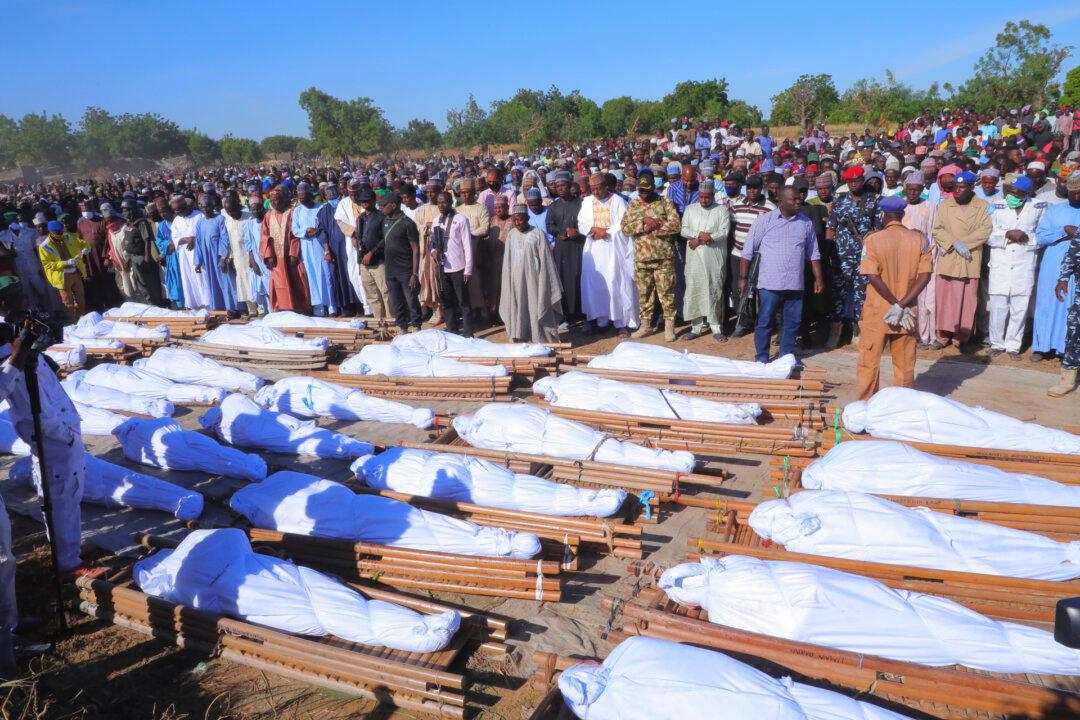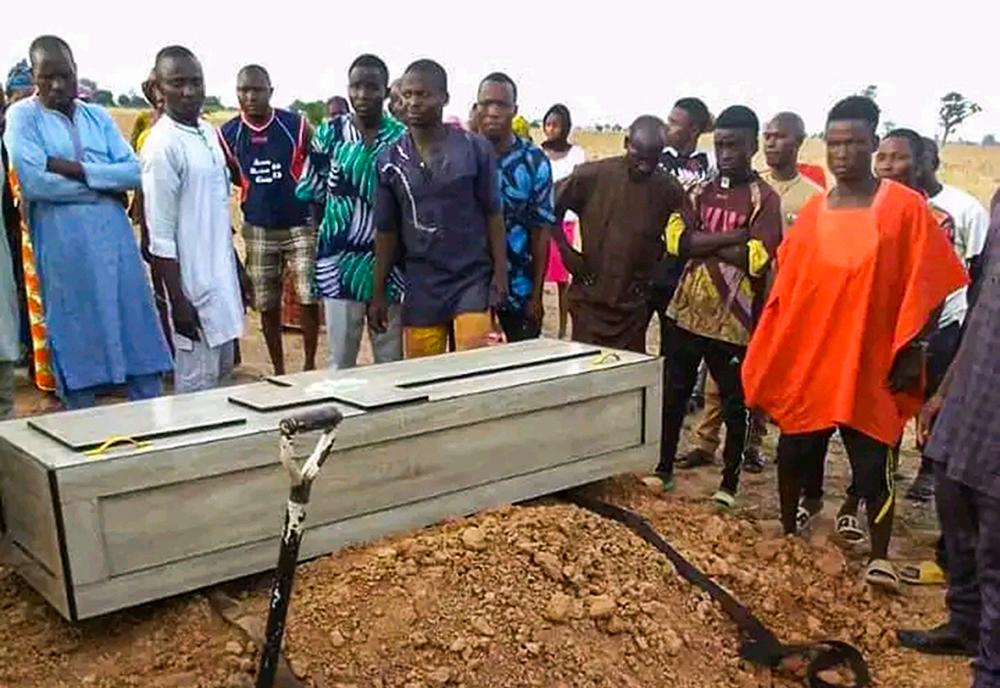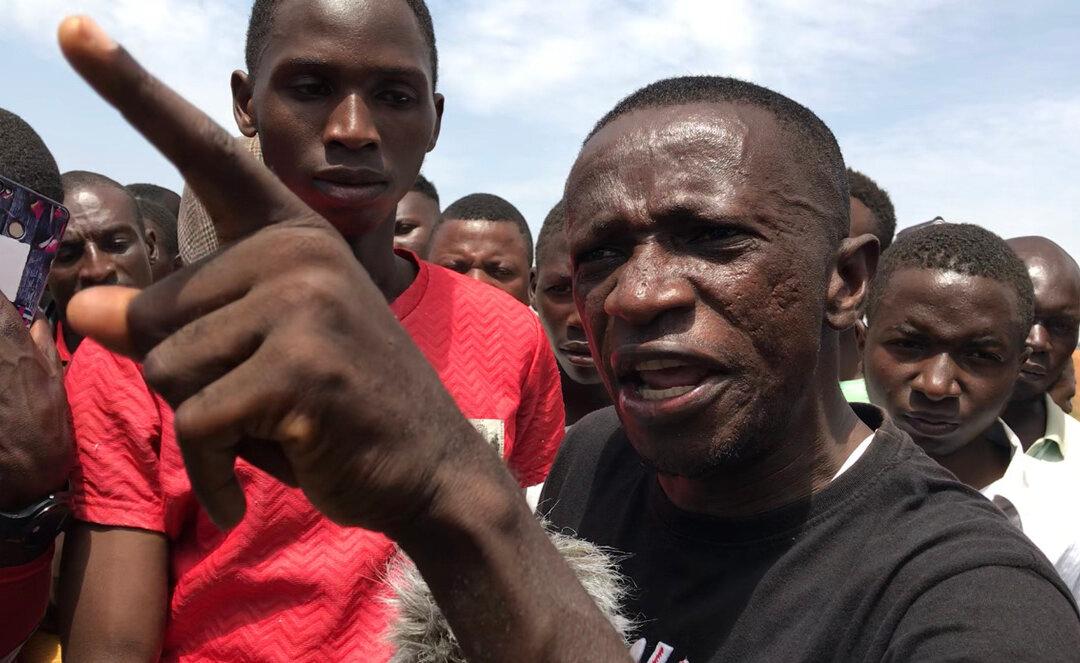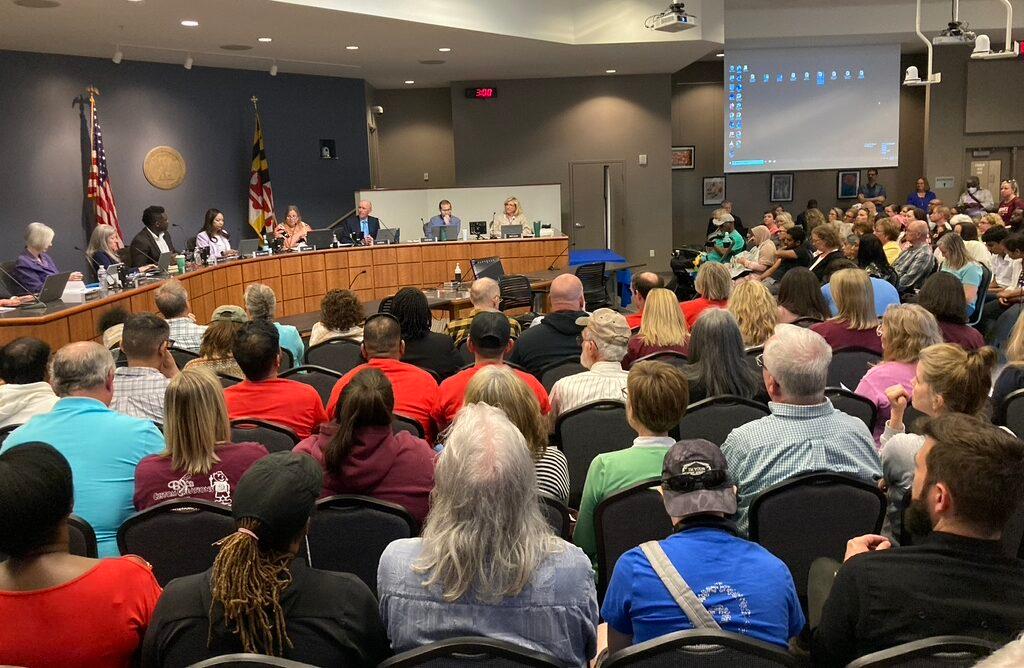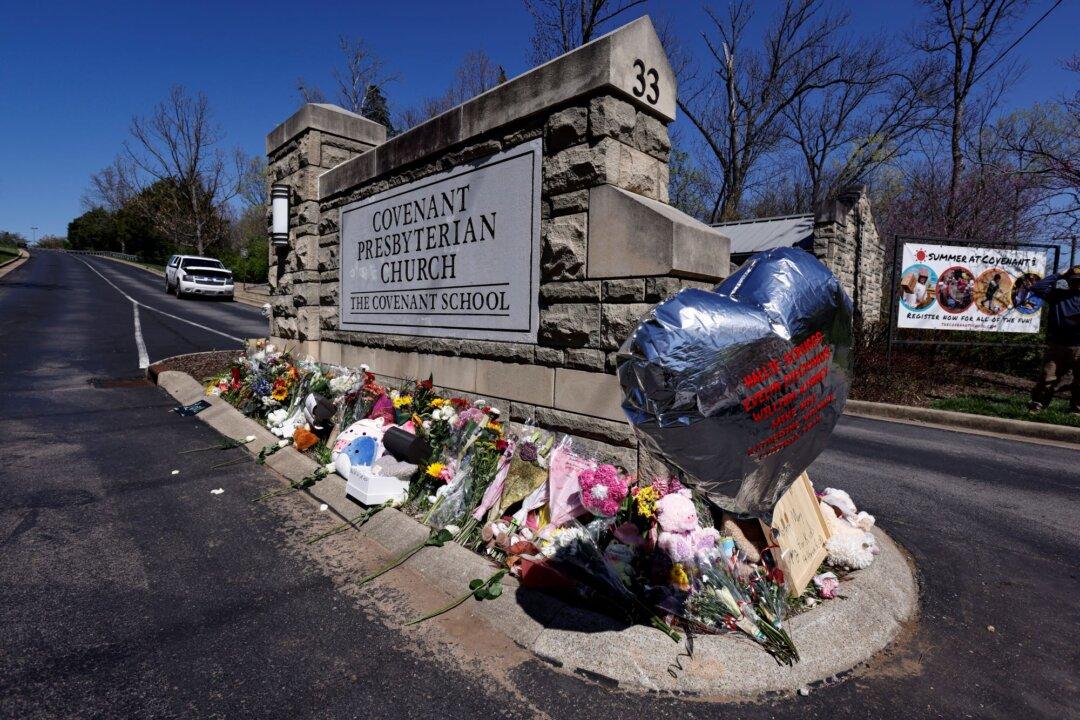JOS, Nigeria—Traumatized citizens in Nigeria’s sprawling capital of Abuja are on the verge of a citizens’ revolt, according to a defense consultant who has worked for the Nigerian military.
A series of stunning hammer blows by a coalition of jihadist insurgents and radicalized bandits has been a “win-win” for both, David Otto, a London-based military expert, told The Epoch Times.
